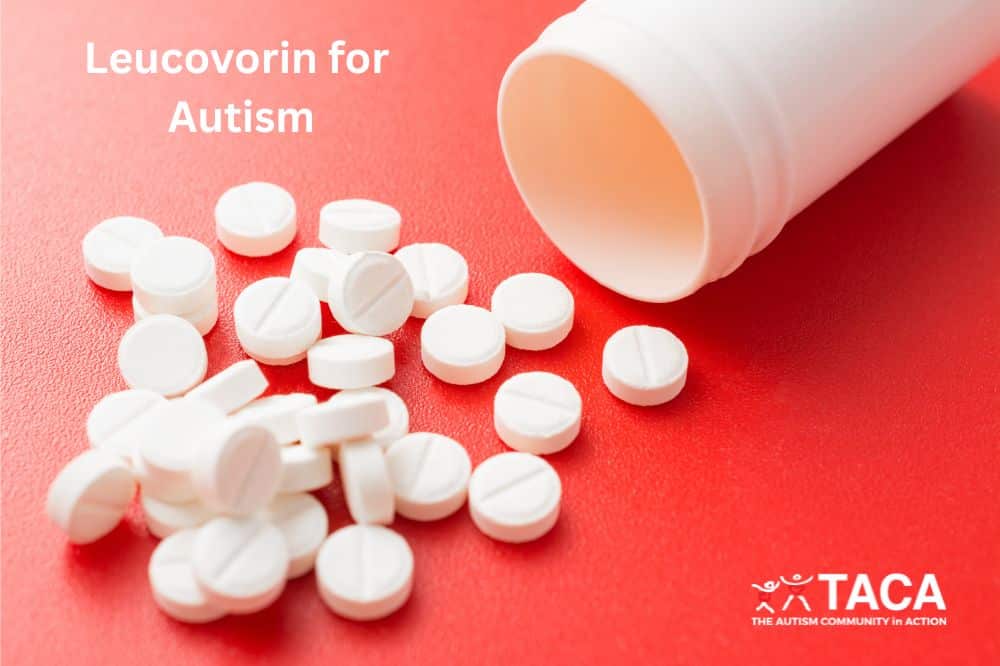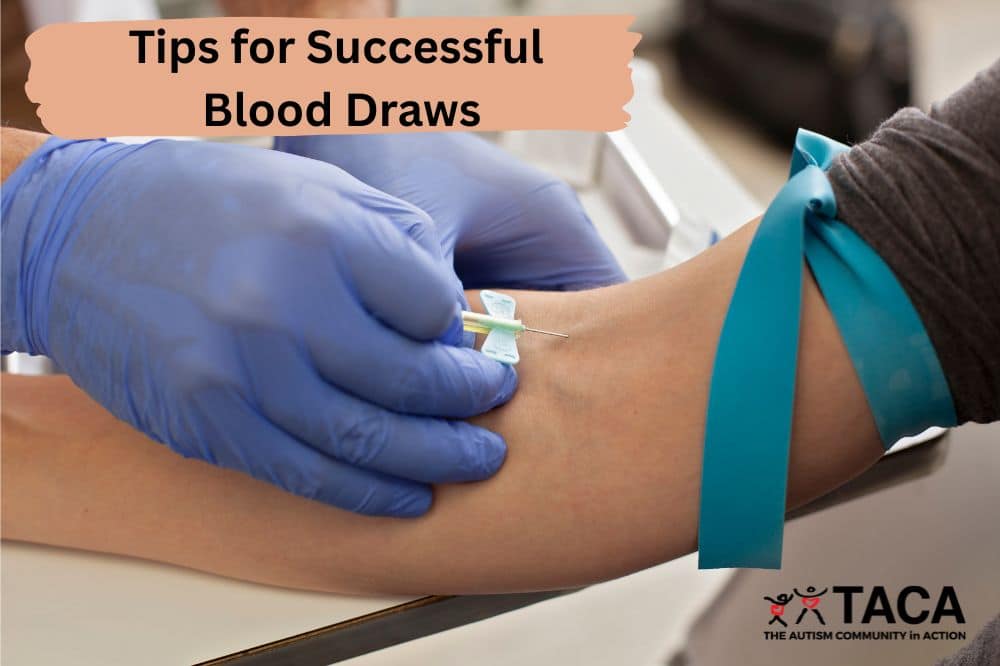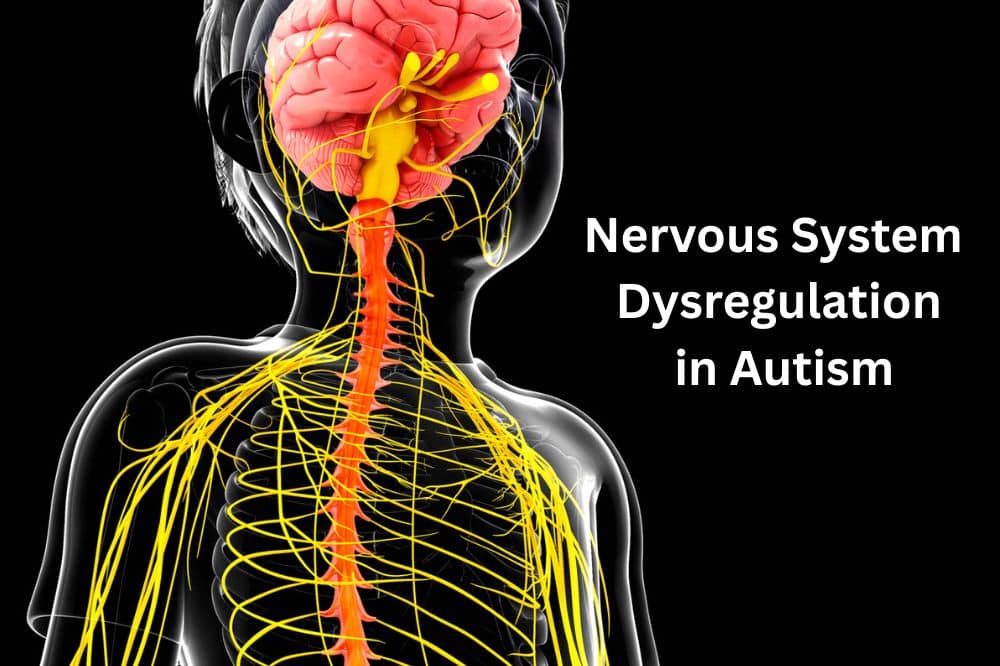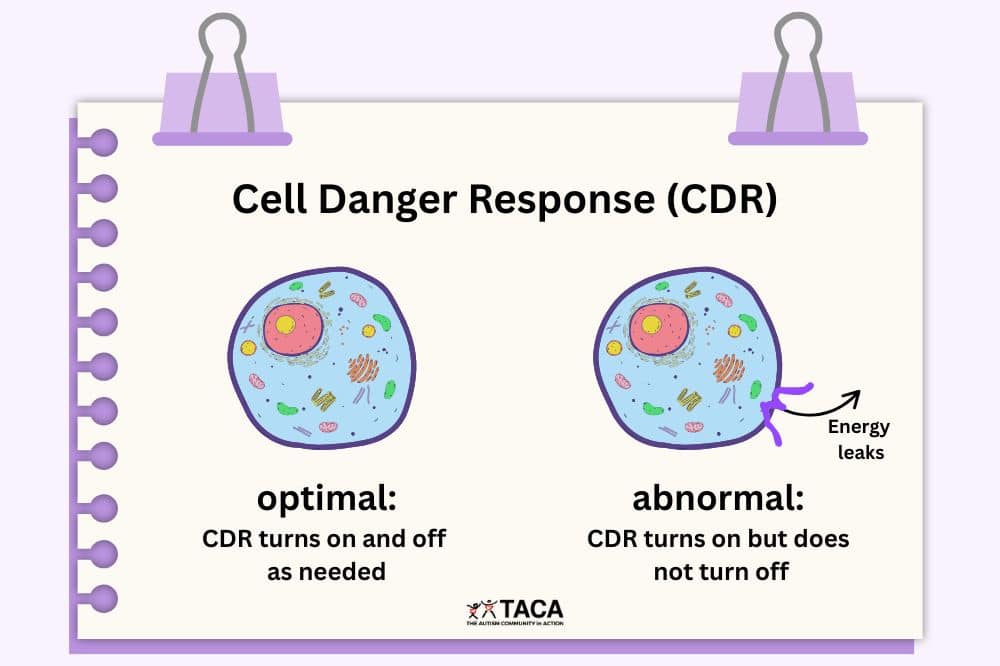Finding a Doctor
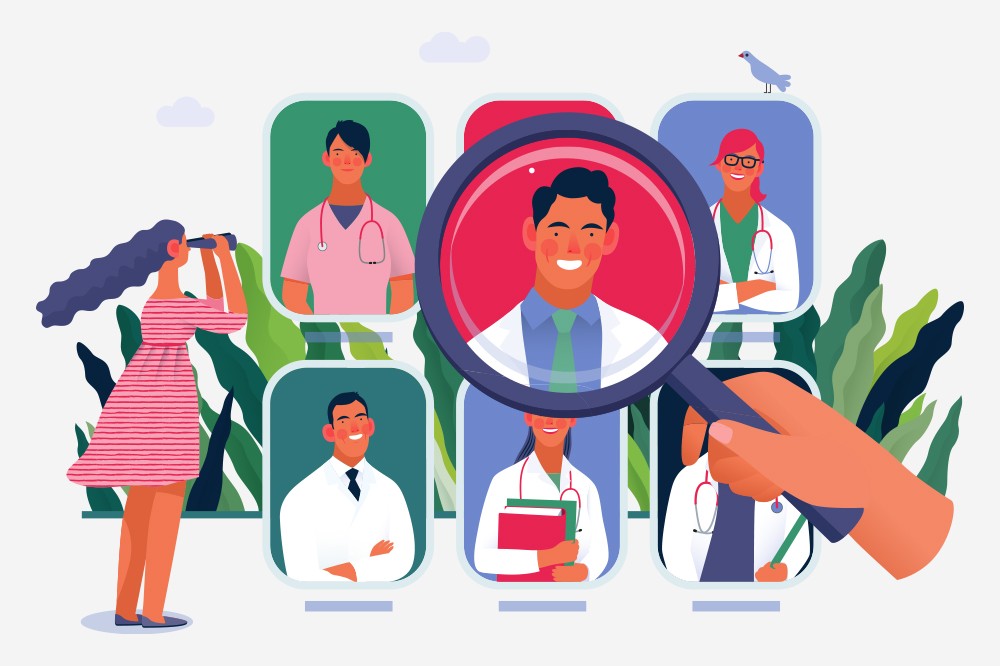
All contents of this resource were created for informational purposes only and are not intended to be a substitute for professional advice, diagnosis, or treatment. Always seek the advice of your physician, therapist, or other qualified health providers with any questions or concerns you may have.
Finding a qualified and experienced doctor, though challenging, can make all the difference in your child’s health and future. Therefore, in this article, we offer suggestions to help parents find a doctor who can effectively identify and address any underlying medical issues their child may have.
It takes a team to care for a child with autism: a pediatrician for well child check-ups and general illnesses, therapists to help your child develop skills, and specialists to address specific problems. One of the specialists to consider adding to this team is a functional medicine doctor who can identify and address the root cause of any underlying medical issues your child may have.
How to Find a Functional Medicine Doctor
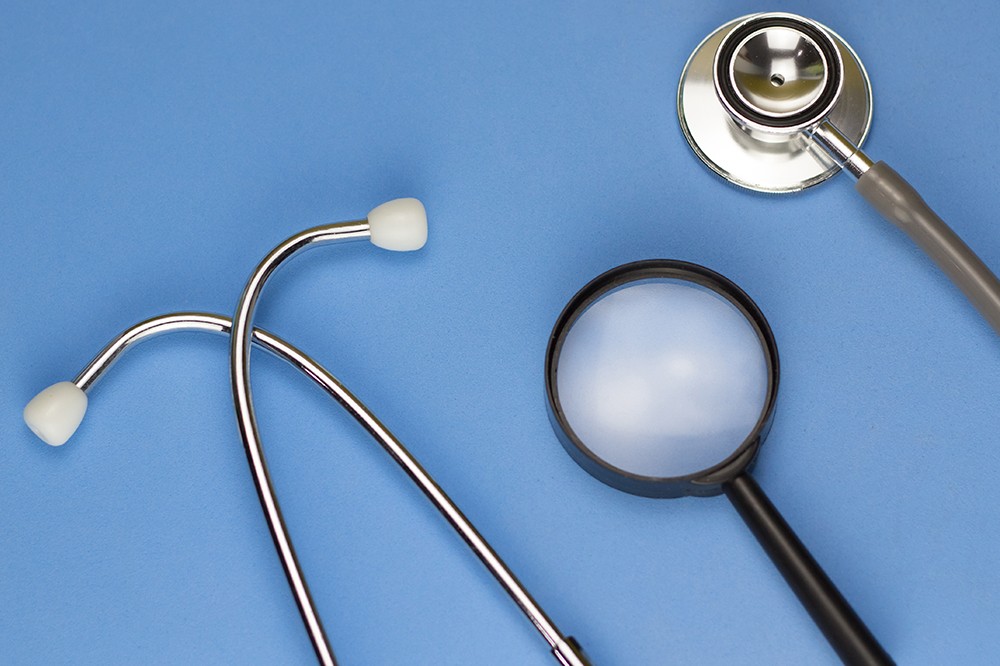
When searching for a functional medicine doctor to add to your child’s team, look for someone who has a MAPS (Medical Academy of Pediatric Special Needs) certification. This certification is granted to those who have met criteria through attendance at educational conferences that cover the most recent scientific advancements in autism.
We wish we could say that doctors with this specialized training are located in every city and town throughout the United States. But, convenient access to a trained and experienced MAPS physician, like most specialists, depends largely on where you live. As a result, many families travel to see their child’s MAPS doctor.
Below are some tried and true ways to find a doctor who can help your child:
- Ask for recommendations from local parents of kids with autism who are using medical interventions:
- Hook up with your local TACA Chapter.
- If there isn’t a TACA Chapter near you, join TACA’s private Facebook group where we have a file on parent recommended doctors listed by state.
- Attend a TACA conference to see doctors speak in person.
- Watch presentations from doctors to see who you feel would be a good fit for your family.
- You can get access to TACA’s entire webinar archive by becoming a TACA+ member.
- Check websites of organizations who provide functional medical training and certifications. They often maintain lists of doctors who have completed their programs.
- To clarify, these lists simply indicate a doctor has attended a training offered by the organization. However, they don’t indicate whether or not the doctor has clinical experience treating patients with autism.
- Not all functional medicine doctors have MAPS training.
Once you choose a practitioner, be sure to schedule an appointment as soon as possible because there are often long wait lists to see a functional medicine doctor. Furthermore, if your functional medicine practitioner is a medical doctor (MD), law requires that they see you for an in-person visit at least once per year. On the other hand, naturopaths have more flexibility.
TACA Tip:
Practitioner knowledge, skill set, and ability vary. Be mindful of possible issues and conflicts of interest. Always research providers before making an appointment.
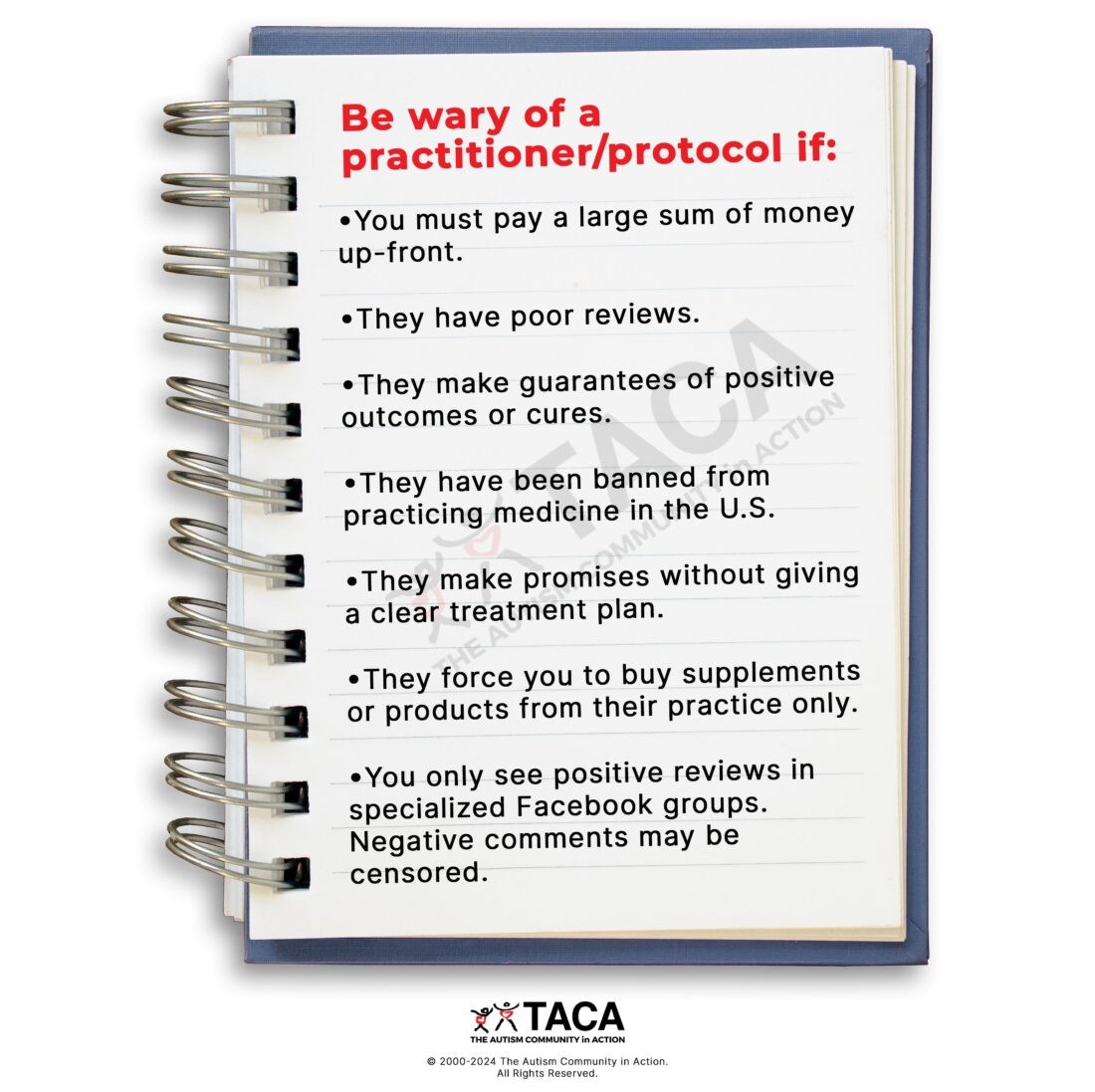
What Does an Appointment with a Functional Medicine Doctor Look Like?
Appointments with functional medicine doctors are longer than traditional well-child exams. When you go to your appointment, you can expect:
- An hour or more of one-on-one time with the doctor.
- During this time, the doctor will take a thorough patient history as well as discuss symptoms, behaviors, and concerns.
- More in-depth lab testing may be ordered to evaluate your child for:
- Vitamin and/or mineral deficiencies,
- Mitochondrial and immune dysfunction,
- Possible pathogens in the gut,
- And more.
- Based on your child’s patient history and lab results, the doctor will devise a treatment plan specific to your child’s individual needs.
- They often use a combination of therapeutic levels of supplements and targeted medication to treat underlying issues.
The Cost of a Functional Medicine Doctor
Most functional medicine doctors do not file insurance and are considered out-of-network. Furthermore, because they are specialists and spend a great deal of time with each patient, they tend to cost more than a visit with a regular doctor. Additionally, most functional medicine doctors charge by the hour and the average family pays for approximately 3-5 hours per year to see one of these specialists.
The following suggestions will help minimize the costs involved with this investment in your child’s health:
- Ask for pricing upfront and make sure you fully understand the costs.
- Understand your insurance coverage.
- Some plans cover out-of-network doctors up to a certain percentage.
- Many doctors will file lab work with your insurance company.
- Some labs are covered and others are not.
- See the Lab Testing article for more information.
- Use your time with the doctor wisely. A well-organized visit saves time and time is money.
- Shop around for the best price on quality, clean supplements and vitamins.
- Depending on tax laws, you may be able to deduct medical expenses on your annual income taxes.
- Therefore, keep all receipts related to medical care (doctor’s appointment, travel, special foods, supplements, supplies, etc).
- Learn more by reading Tax Strategies for Parents of Kids with Special Needs.
- Use your Flexible Spending Account (FSA) or Health Savings Account (HSA) to pay for these expenses tax-free.
- Find a doctor that charges by the hour or appointment instead of signing long term contracts with monthly payments.
- Start with basic treatment and save big ticket treatments as a second or third level intervention.
- Inquire with non-profits about grants for autism in your state.
- For more tips, read Medical Treatment on a Budget.
Conclusion
In summary, finding a qualified and experienced doctor who treats medical issues in kids with autism can be life changing. However, it is important to remember that because every child is different, an individualized medical approach is critical. For that reason, a doctor who is up to date on the most recent science in autism can best guide you with a treatment plan that fits your child.

